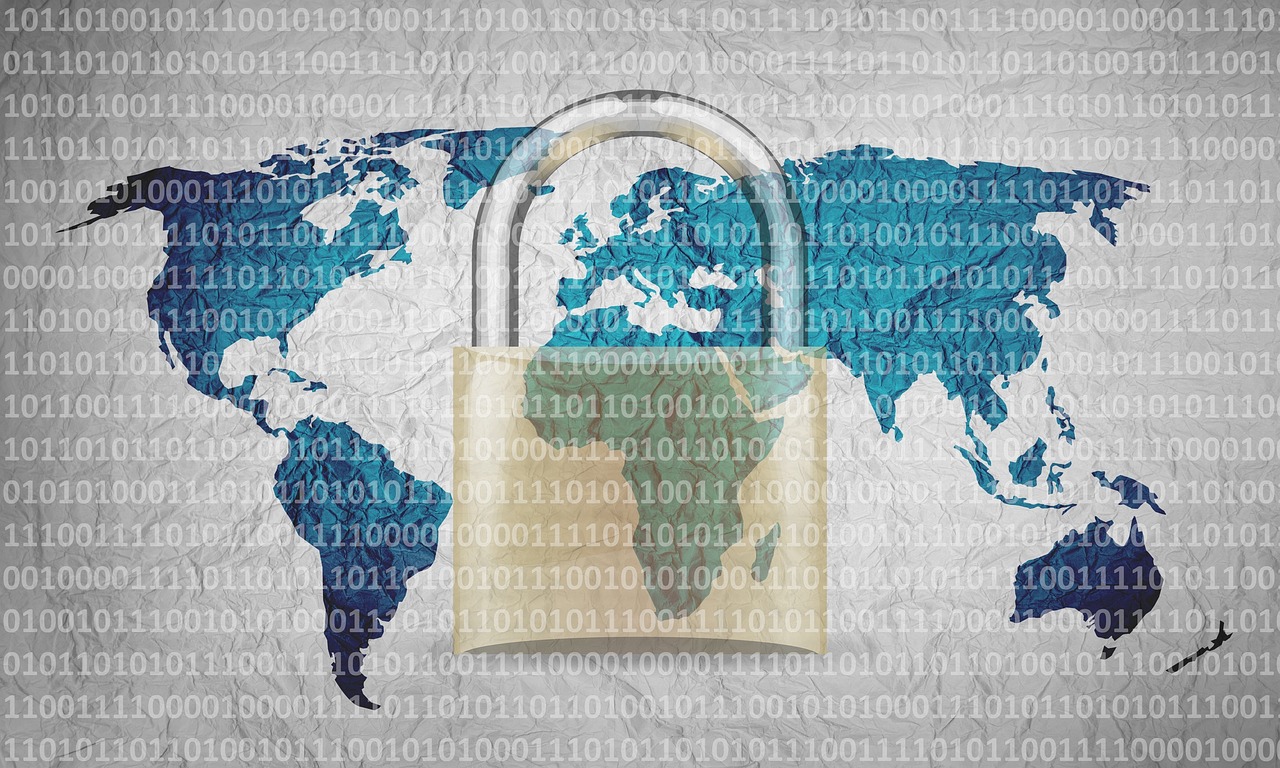Secure Your Business with Advanced VPN, DNS, and FTP Server Management
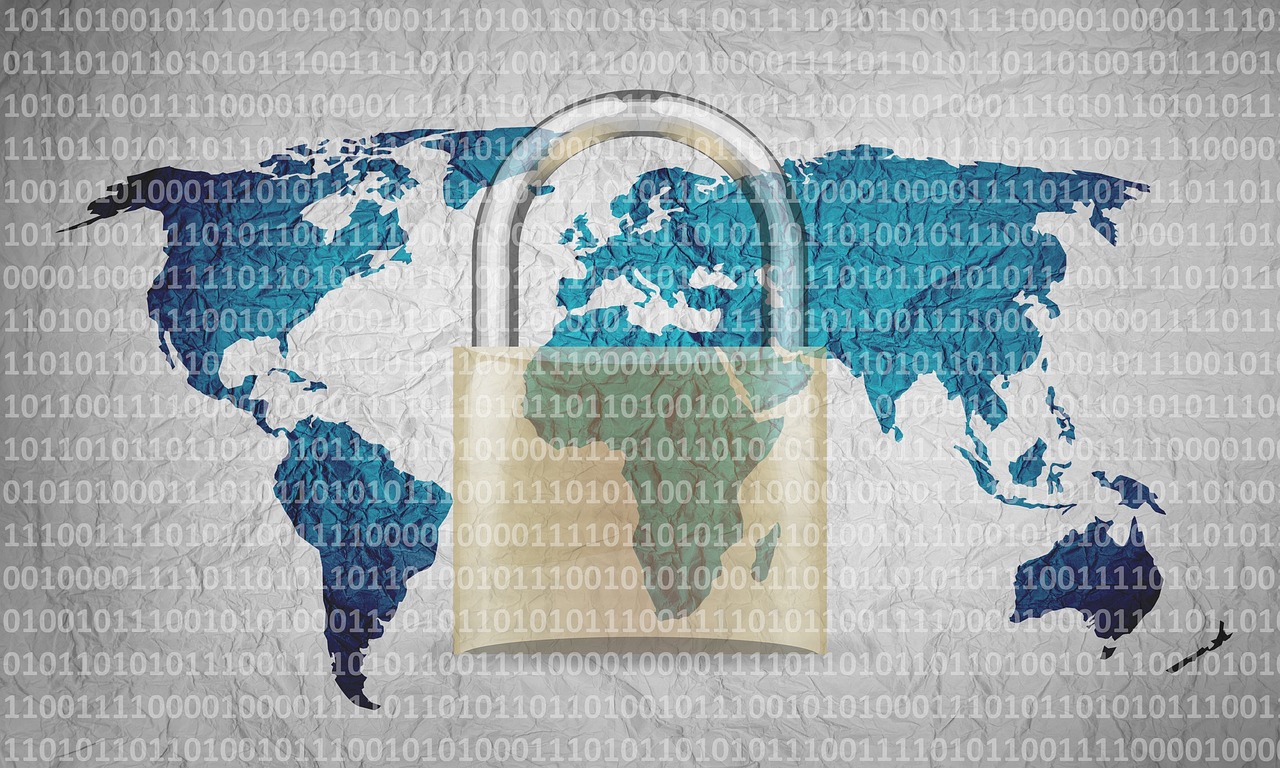
Key Takeaways:
- Robust network security involving VPNs, DNS, and FTP/SCP server management is essential for protecting business data and ensuring continuity.
- Business VPNs provide encrypted communication, enhancing security for remote access and data transmission.
- Securing DNS infrastructure with DNSSEC, firewalls, and monitoring prevents hijacking and ensures service availability.
- Using secure protocols like SFTP/FTPS, strong authentication, and access controls are crucial for protecting file transfers.
- Proper firewall management, DMZ configuration, server hardening, and data protection strategies form a comprehensive security posture.
Table of Contents
- Understanding the Importance of Network Security
- The Role of VPNs in Secure Business Communication
- Securing Your DNS Infrastructure
- FTP and SCP Server Security: Protecting File Transfers
- Firewall Management and DMZ Configuration
- Server Security Best Practices
- Data Protection and Access Control
- The e9lab Advantage: Comprehensive IT Security Solutions
- Conclusion: Secure Your Future with e9lab
- Frequently Asked Questions
In today’s digital landscape, where cyber threats are becoming increasingly sophisticated, securing your business network is no longer optional—it’s a necessity. A robust network security strategy involves multiple layers of protection, including advanced VPN, DNS, and FTP server management. At e9lab, we understand the critical importance of these components and offer comprehensive solutions to safeguard your valuable data and ensure business continuity. This blog post will explore the significance of each element and provide actionable insights to enhance your organization’s security posture.
Understanding the Importance of Network Security
Network security encompasses a wide range of practices and technologies designed to protect your network infrastructure, data, and applications from unauthorized access, misuse, and cyber threats. A strong security foundation helps prevent data breaches, minimizes downtime, maintains compliance, and protects your reputation. Key elements of network security include firewall management, DMZ configuration, server security, DNS security, cybersecurity measures, data protection strategies, and access control protocols.
The Role of VPNs in Secure Business Communication
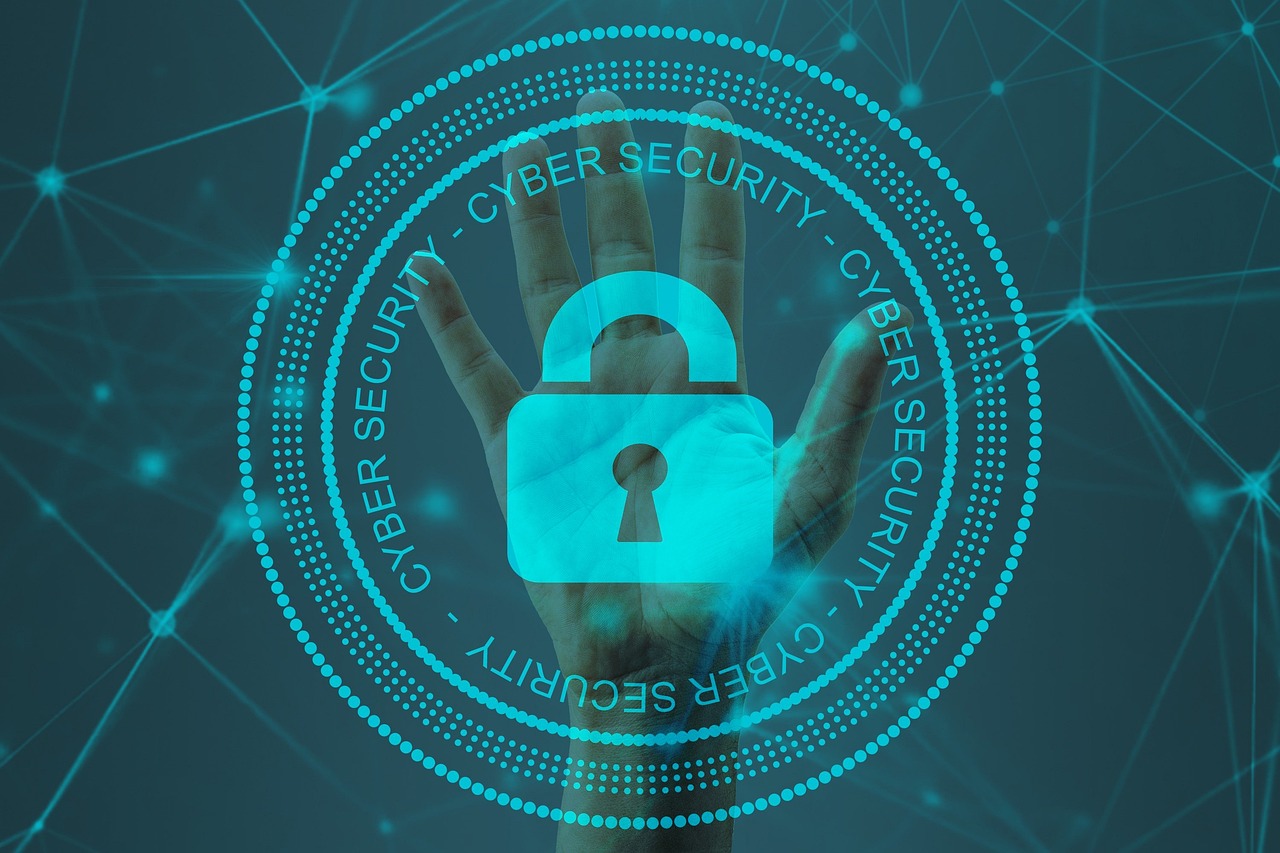
A Virtual Private Network (VPN) creates a secure, encrypted connection over a less secure network, such as the internet. Business VPNs are essential for protecting sensitive data transmitted between employees, branches, and remote workers. By encrypting the data, a VPN prevents eavesdropping and ensures that only authorized users can access your network resources.
Key Benefits of Using a Business VPN:
- Enhanced Security: VPNs encrypt data, making it unreadable to unauthorized parties. This is particularly important for remote workers accessing sensitive company information from potentially insecure networks.
- Data Privacy: VPNs mask your IP address and location, providing an additional layer of privacy and anonymity.
- Secure Remote Access: VPNs allow employees to securely access company resources from anywhere in the world, as if they were physically connected to the office network.
- Bypass Geo-Restrictions: VPNs can bypass geographic restrictions, allowing employees to access content and services that may be blocked in certain regions.
e9lab can help you implement and manage a secure business VPN solution tailored to your specific needs. Our services include VPN server setup, configuration, monitoring, and ongoing maintenance to ensure optimal performance and security.
Securing Your DNS Infrastructure
The Domain Name System (DNS) translates domain names (like e9lab.com) into IP addresses, enabling users to access websites and online services. However, DNS is also a common target for cyberattacks, such as DNS spoofing, DNS hijacking, and DDoS attacks. Protecting your DNS infrastructure is critical to prevent these attacks and ensure the availability and integrity of your online services.
Essential DNS Security Measures:
- DNSSEC (Domain Name System Security Extensions): DNSSEC adds cryptographic signatures to DNS data, verifying the authenticity and integrity of the data. This prevents attackers from manipulating DNS records and redirecting users to malicious websites.
- DNS Firewalls: DNS firewalls analyze DNS traffic and block malicious queries, preventing DNS-based attacks.
- Rate Limiting: Rate limiting restricts the number of DNS queries from a single source, mitigating DDoS attacks.
- Regular Monitoring and Auditing: Continuously monitor your DNS infrastructure for suspicious activity and regularly audit your DNS records to identify and correct any vulnerabilities.
- Use a reputable DNS provider: Selecting a DNS provider with a strong security track record is paramount.
e9lab offers advanced DNS security solutions to protect your online presence from DNS-based attacks. We can help you implement DNSSEC, configure DNS firewalls, and monitor your DNS infrastructure for threats. Our expertise ensures that your website and online services remain available and secure. We also stay up to date on DNS record propagation, caching, and other DNS best practices.
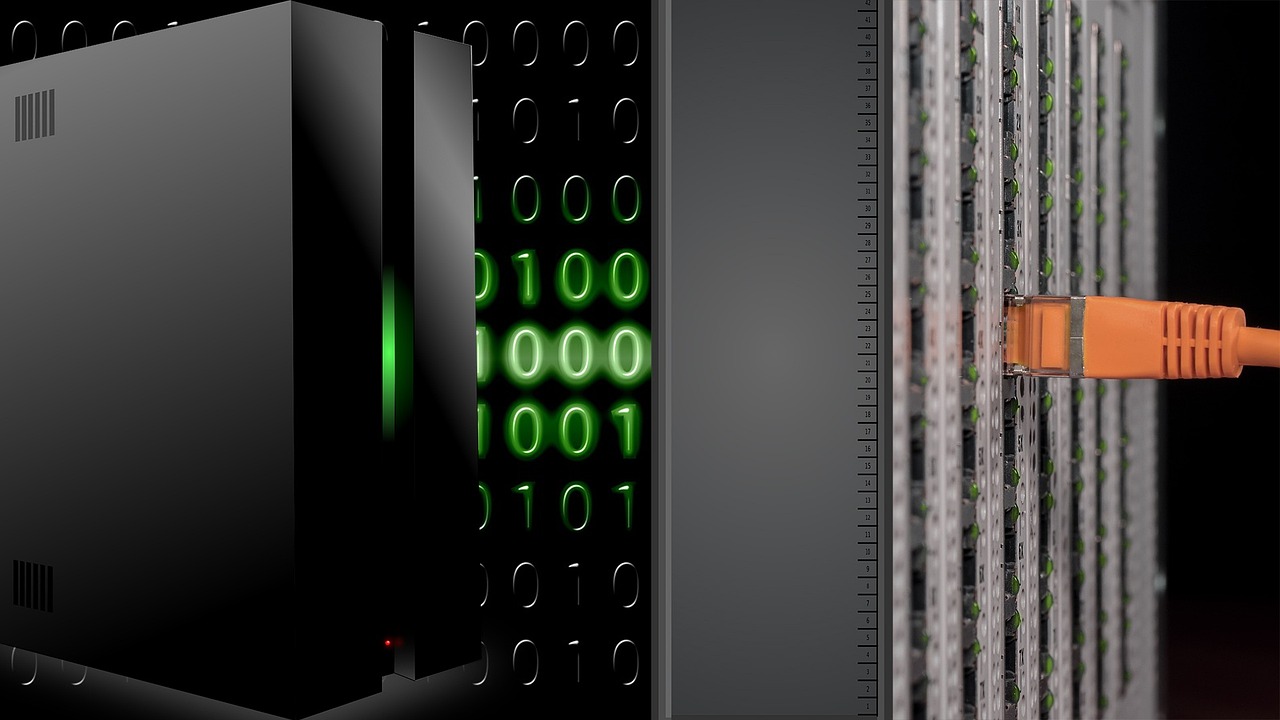
FTP and SCP Server Security: Protecting File Transfers
File Transfer Protocol (FTP) and Secure Copy Protocol (SCP) are commonly used for transferring files between computers. However, FTP transmits data in plain text, making it vulnerable to eavesdropping. SCP, while more secure than FTP, still requires careful configuration to prevent unauthorized access.
Best Practices for FTP and SCP Server Security:
- Use SFTP or FTPS: Instead of FTP, use SFTP (SSH File Transfer Protocol) or FTPS (FTP Secure) to encrypt data during transmission.
- Implement Strong Authentication: Use strong passwords and consider implementing multi-factor authentication (MFA) for added security.
- Restrict Access: Limit access to your FTP/SCP server to only authorized users and restrict their access to specific directories.
- Disable Anonymous Access: Disable anonymous access to prevent unauthorized users from uploading or downloading files.
- Regularly Monitor Logs: Monitor your FTP/SCP server logs for suspicious activity, such as failed login attempts or unauthorized file transfers.
- Keep Software Updated: Keep your FTP/SCP server software up to date with the latest security patches.
- Consider using key-based authentication: Eliminate passwords entirely by using SSH keys for authentication with SCP and SFTP.
e9lab provides secure server setup and hardening services, including secure FTP and SCP server configurations. We can help you implement best practices to protect your file transfers and prevent data breaches. We also offer log exports for auditing purposes to ensure compliance and identify potential security incidents.
Firewall Management and DMZ Configuration
Firewalls act as a barrier between your network and the outside world, blocking unauthorized access and preventing malicious traffic from entering your network. A Demilitarized Zone (DMZ) is a subnet that sits between your internal network and the internet, providing an additional layer of security for publicly accessible servers.
Key Considerations for Firewall Management and DMZ Configuration:
- Proper Firewall Configuration: Configure your firewall to allow only necessary traffic and block all other traffic. Regularly review your firewall rules to ensure they are still relevant and effective.
- DMZ Implementation: Place publicly accessible servers, such as web servers and email servers, in a DMZ to isolate them from your internal network.
- Intrusion Detection and Prevention Systems (IDS/IPS): Implement IDS/IPS to detect and prevent malicious activity on your network.
- Regular Security Audits: Conduct regular security audits to identify vulnerabilities and ensure your firewall and DMZ are properly configured.
- Managed Firewall Services: Consider using managed firewall services to offload the burden of firewall management to a trusted provider.
e9lab offers managed firewall services, including configuration, monitoring, and maintenance. We can help you design and implement a DMZ to protect your internal network from external threats. Our expertise ensures that your network remains secure and compliant with industry standards. Securing Your Business Network: A Guide to Firewalls and DMZs.
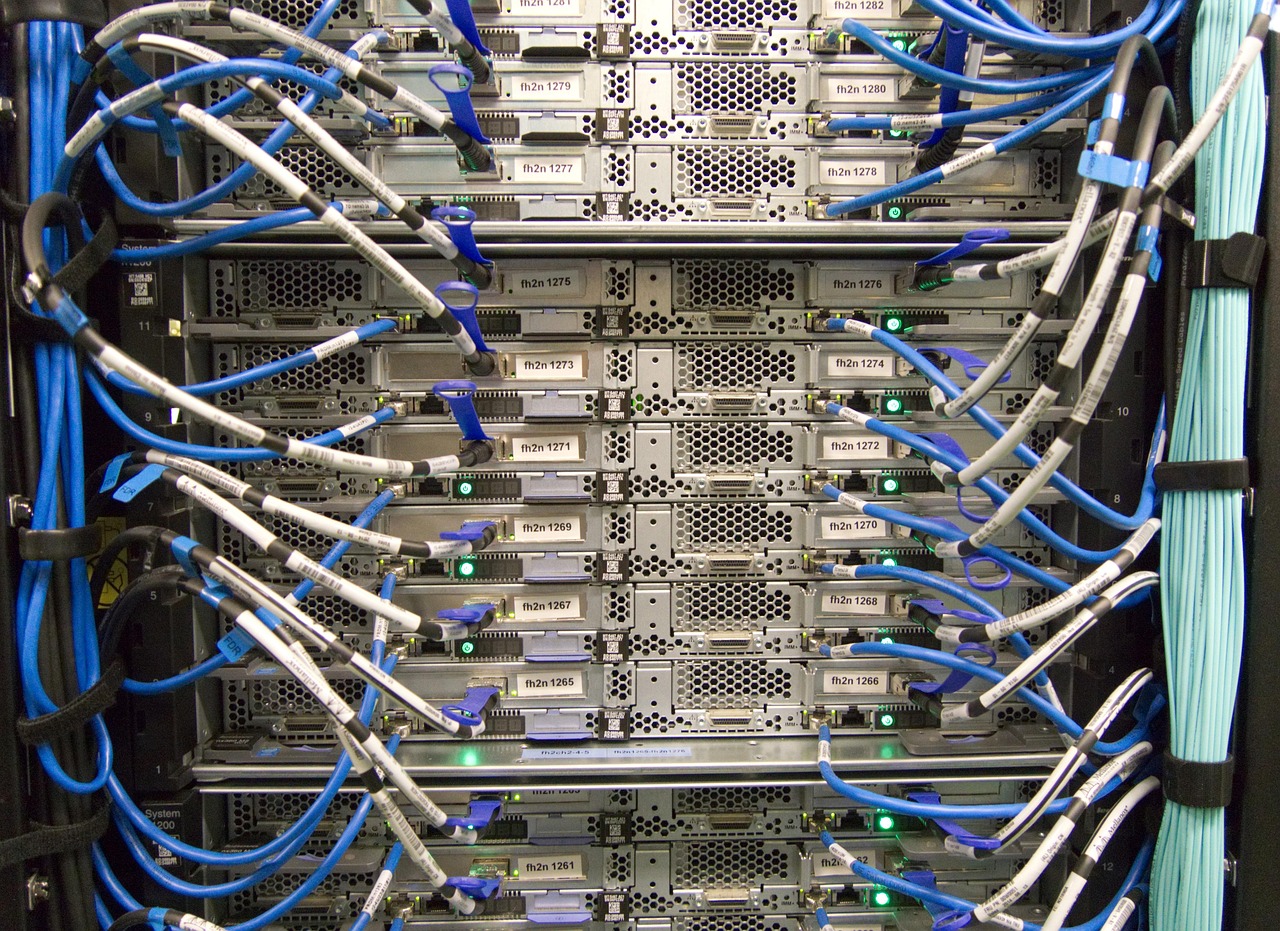
Server Security Best Practices
Securing your servers is crucial to protecting your data and applications. Server security involves implementing a variety of measures to prevent unauthorized access, data breaches, and other security incidents.
Essential Server Security Best Practices:
- Regularly Update Software: Keep your server operating system and applications up to date with the latest security patches.
- Implement Strong Passwords: Use strong, unique passwords for all user accounts and consider implementing multi-factor authentication (MFA).
- Disable Unnecessary Services: Disable any unnecessary services to reduce the attack surface.
- Harden Server Configuration: Harden your server configuration by disabling unnecessary features, restricting access, and implementing security policies.
- Implement Access Control: Implement strict access control policies to limit access to sensitive data and resources.
- Regularly Monitor Logs: Monitor your server logs for suspicious activity and investigate any anomalies.
- Implement Intrusion Detection Systems (IDS): Implement IDS to detect and alert you to any unauthorized access attempts or malicious activity.
- Regular Backups: Implement a regular backup schedule to ensure you can recover your data in the event of a disaster.
- Principle of Least Privilege: Only grant users the minimum level of access they need to perform their job duties.
e9lab provides secure server setup and hardening services for businesses of all sizes. We can help you implement best practices to protect your servers from cyber threats. 5 Server Security Best Practices for 2025.
Data Protection and Access Control
Data protection and access control are essential components of a comprehensive security strategy. Data protection involves implementing measures to protect your data from loss, theft, or damage. Access control involves restricting access to your data and resources to only authorized users.
Key Strategies for Data Protection and Access Control:
- Data Encryption: Encrypt your data both in transit and at rest to protect it from unauthorized access.
- Access Control Lists (ACLs): Use ACLs to control access to files and directories.
- Role-Based Access Control (RBAC): Implement RBAC to assign access permissions based on user roles.
- Data Loss Prevention (DLP): Implement DLP solutions to prevent sensitive data from leaving your network.
- Regular Backups: Implement a regular backup schedule to ensure you can recover your data in the event of a disaster.
- Data Retention Policies: Implement data retention policies to ensure you are not storing data longer than necessary.
e9lab can help you implement robust data protection and access control strategies to protect your sensitive data. Our services include data encryption, access control configuration, and data loss prevention solutions. The Ultimate Guide to Data Protection and Access Control for Small Businesses.

The e9lab Advantage: Comprehensive IT Security Solutions
At e9lab, we are committed to providing comprehensive IT security solutions to protect your business from cyber threats. Our team of experienced IT professionals has a deep understanding of the latest security technologies and best practices. We offer a wide range of services, including:
- Managed Firewall Services: We provide comprehensive firewall management services, including configuration, monitoring, and maintenance, ensuring your network is protected from external threats. Our Managed Firewall Services: Protecting Your Business from Cyber Threats.
- Secure Server Setup and Hardening: We can help you configure your servers securely, implementing best practices to prevent unauthorized access and data breaches.
- Advanced DNS Security Solutions: We offer advanced DNS security solutions to protect your online presence from DNS-based attacks.
- DMZ Configuration and Management: We can help you design and implement a DMZ to protect your internal network from external threats.
- Data Protection and Access Control: We can help you implement robust data protection and access control strategies to protect your sensitive data.
- Business VPN Solutions: We can assist with the setup and maintenance of business VPNs.
- Log Export Solutions: Ensuring businesses maintain detailed records for compliance and security audits.
Our founder, a seasoned IT professional with over eight years of experience managing complex IT projects, leads e9lab’s dedication to delivering innovative, scalable solutions. With expertise in Linux server management, API integrations, container orchestration, and telephony solutions, we are well-equipped to address your unique security challenges.
Conclusion: Secure Your Future with e9lab
In conclusion, securing your business with advanced VPN, DNS, and FTP server management is essential in today’s threat landscape. By implementing the strategies and best practices outlined in this blog post, you can significantly enhance your organization’s security posture and protect your valuable data. e9lab is here to help you navigate the complexities of IT security and provide you with the solutions you need to stay protected.
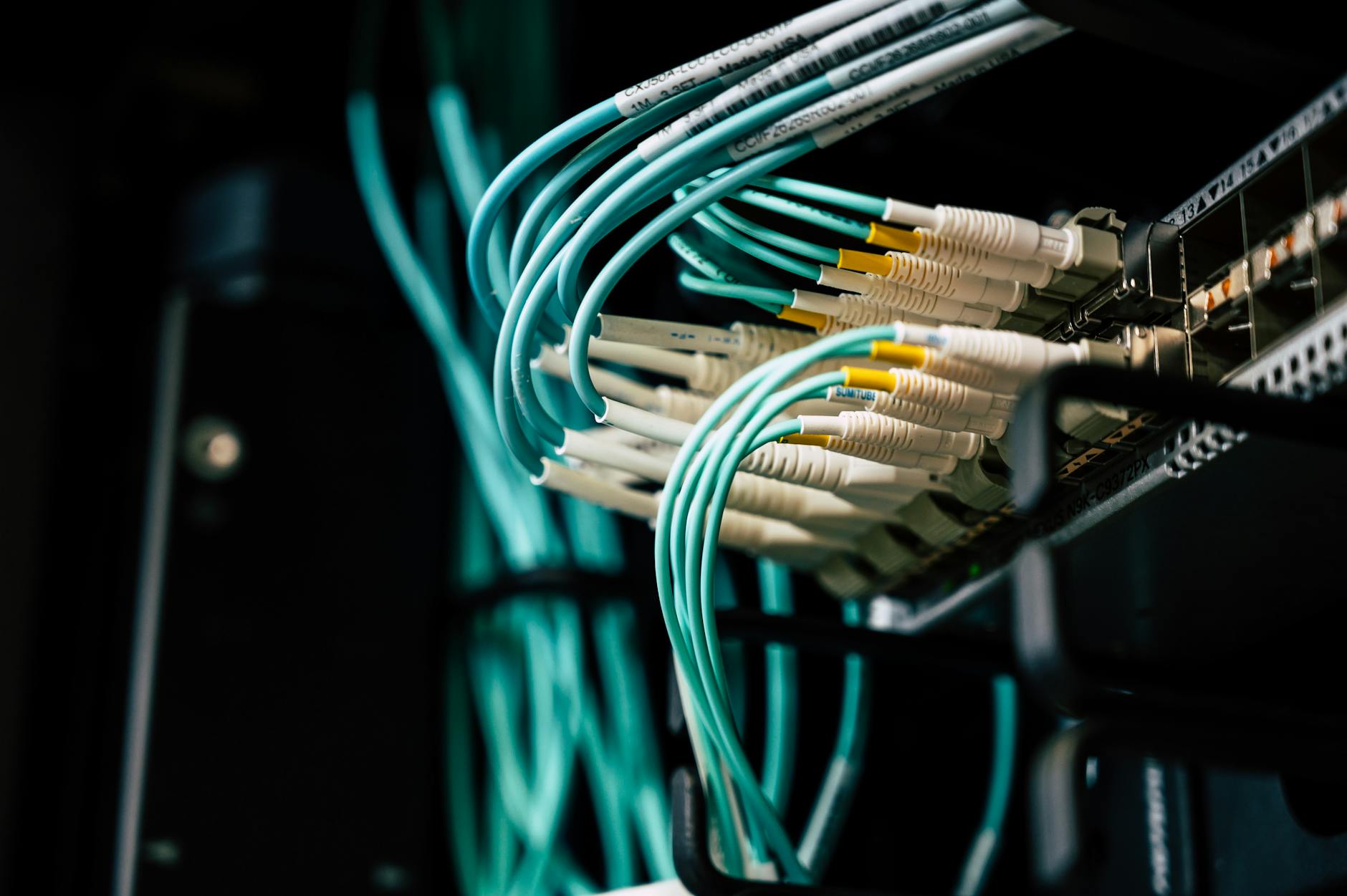
Don’t wait until it’s too late. Contact e9lab today to learn more about our comprehensive IT security solutions and how we can help you secure your business for the future. Visit our website or call us to schedule a consultation. Let us partner with you to build a robust and resilient security infrastructure that protects your business from cyber threats.
Frequently Asked Questions
- Why is a Business VPN important?
- A Business VPN encrypts data transmitted over the internet, providing secure remote access for employees, enhancing data privacy by masking IP addresses, and protecting sensitive company information from eavesdropping, especially on insecure networks.
- What is DNSSEC and why do I need it?
- DNSSEC (Domain Name System Security Extensions) adds cryptographic signatures to DNS data to verify its authenticity and integrity. This prevents attackers from hijacking your DNS records and redirecting users to malicious sites, thus protecting your brand reputation and user security.
- Is FTP secure for business file transfers?
- No, standard FTP transmits data, including credentials, in plain text, making it insecure. Businesses should use secure alternatives like SFTP (SSH File Transfer Protocol) or FTPS (FTP Secure), which encrypt data during transmission.
- What is a DMZ and how does it improve security?
- A DMZ (Demilitarized Zone) is a separate network segment placed between your internal private network and the external public internet. It hosts publicly accessible servers (like web or email servers), isolating them so that if they are compromised, the attacker does not gain direct access to your internal network.
- What are the first steps to hardening a server?
- Key first steps include keeping the operating system and all software updated with security patches, using strong passwords and MFA, disabling unnecessary services and ports to reduce the attack surface, and implementing strict access controls based on the principle of least privilege.
